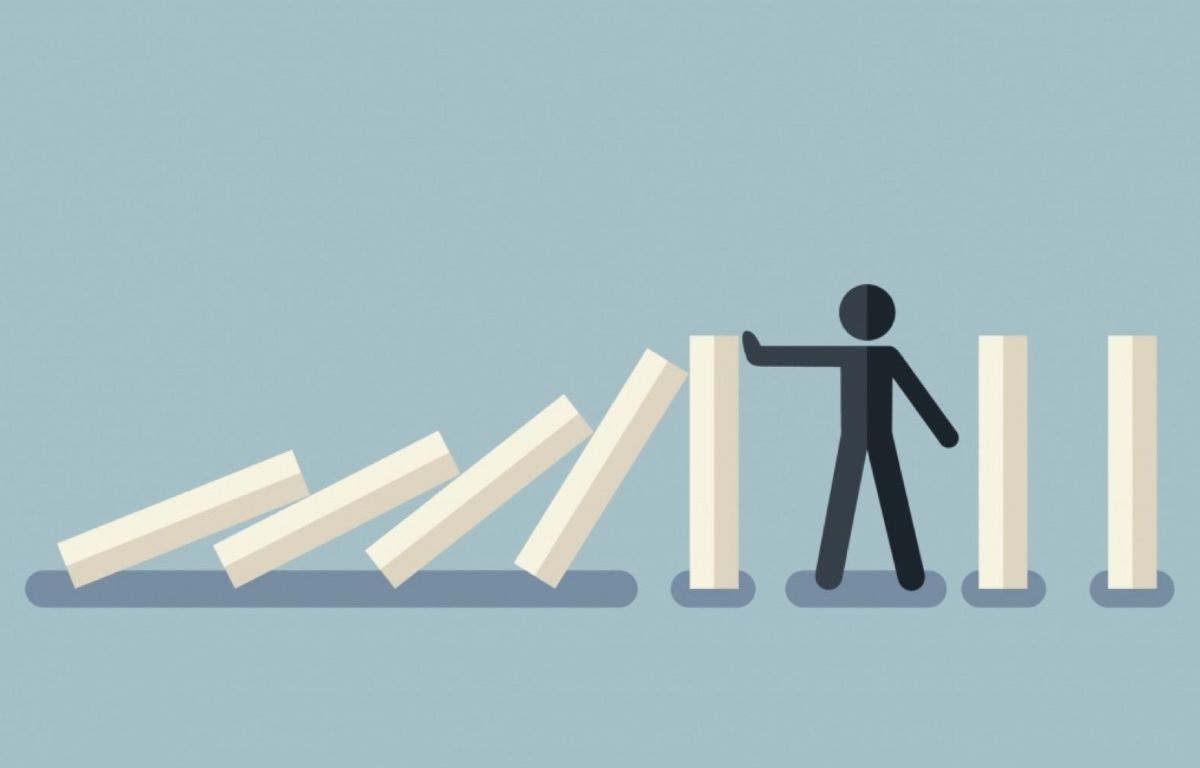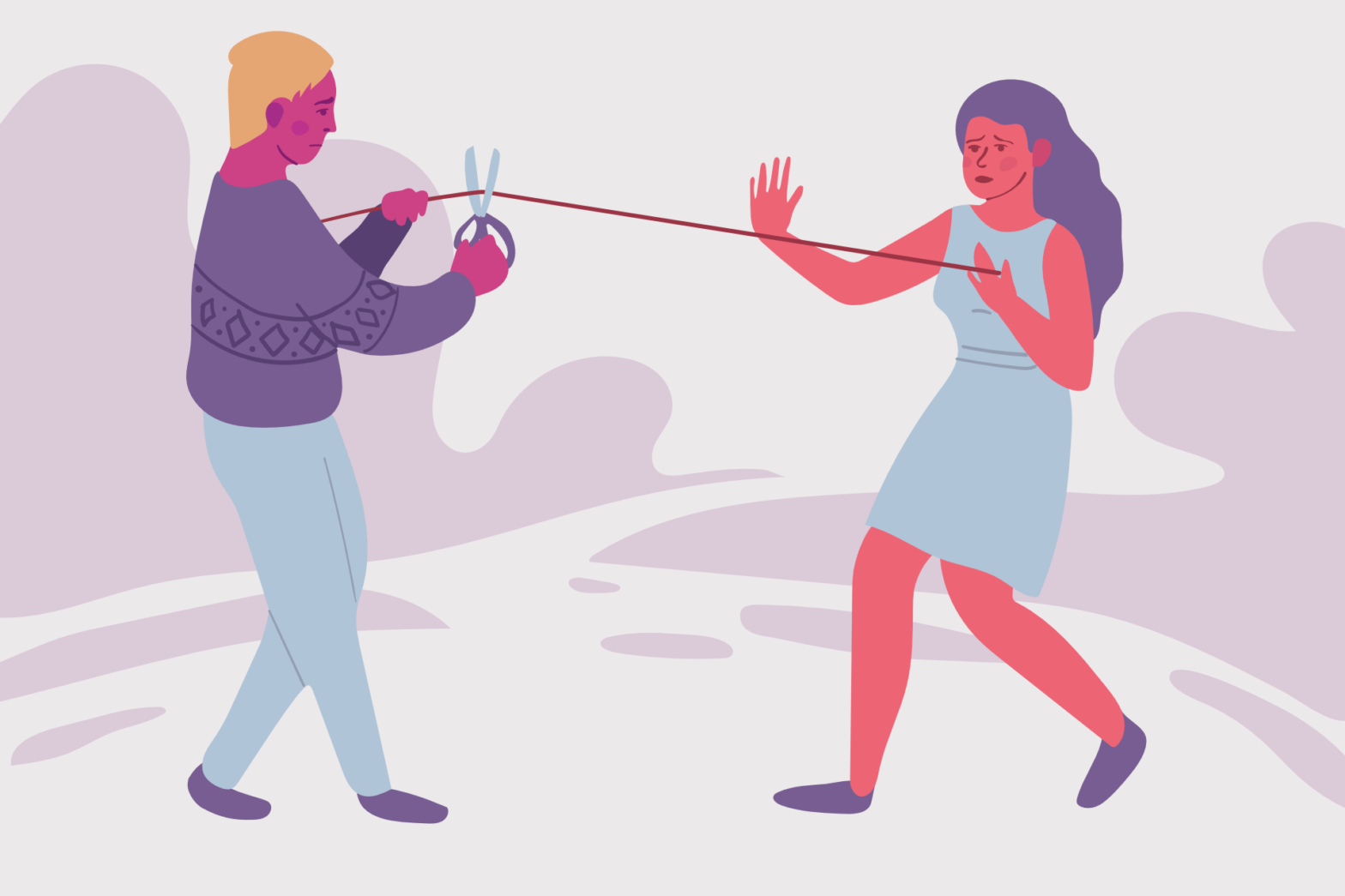All of us are sharing something in common. Our lives feel in upheaval of as we plunge into the chaos of the unknown. I’d like to help you sustain your emotional and psychological resilience through this storm. And in some cases, we’ll even find new opportunities through this crisis. In these daunting times we can benefit from new ways of looking at things, developing new coping strategies and opening to an ongoing support system. That’s my offer to you.
In the coming weeks and months, we’ll be exploring many of the challenges you’ll be facing and new ways of thinking to overcome them. I welcome you to join me in this participatory, interactive experience. Please feel welcome to email me with your questions. I’ll also be announcing a regular web conference in which we’ll pursue ongoing discussions and establish a virtual support community for one another. Please contact me if you’d like to be added to this mailing list.
Undeniably this pandemic engulfs us with substantive reasons for fear. They run the gamut from illness, death, isolation, fear for loved ones, loss of income and on and on. Although these apprehensions are reality based, we need not fall victim to them. Anxiety and distress surface when our thoughts attach to fear.
As I wrote in my book The Possibility Principle:
The most important relationship you will ever have is not with your parents, not with your children, not with your spouse or partner. The relationship that will impact you far more than any other is with your thoughts. They are your constant companion. Your thoughts can be your greatest ally or your worst antagonist.
Try this exercise:
Try to notice your thoughts. You can learn to see them as they clamor for your attention. These thoughts create the filter for your experiences and feelings. Thoughts are always coming at you. Ask yourself what thought you’re having right now in this moment. Don’t judge the thought, just witness it. If you do this exercise diligently and often, you’ll be developing an essentially important new muscle memory.
If you learn to see your thought, you don’t have to become your thought. That is what I call thinking.
Thought might be telling you: I could die from this. Ok, if you attach to this thought, if you become this thought, what’s the result? Fear, panic, anxiety. That makes things far worse.
New thinking: Say to yourself, I’m having a thought which is telling me I could die or get sick.
OK, that’s possible but if I attach to and become that thought, the outcome will be disastrous on an emotional, psychological and physical plane. What good does this possibly do for you? See this thought and choose to let it go.
New thinking: As far as I know I’m alright in this moment, so why not stay in this moment and maintain calm?
Another exercise:
When you notice fearful thoughts trying to grab your attention, place your forefinger vertically in front of your lips and say “shhhhh” to the thought. You can choose not to open the door to fearful thoughts. Be persistent and you will transcend fear.
Thoughts and feelings work in tandem. If you succumb to fearful thoughts, you will feel anxious.
Our fear of uncertainty lies at the root of anxiety. Now, more than ever, we cannot know the future. That is how reality operates. Don’t allow your thoughts to wander off into the dread of the future. Stay present in the moment, and do what you must to be safe. Safe in terms of social distancing, safe in terms of washing your hands, and safe in terms of developing a healthy vigilance of mind.
Remember, it’s natural to look at how the coronavirus has negatively impacted your life. Again, the consequences may be isolation, enduring conflicted relationships in constrained quarters, loss of freedom, boredom, financial loss, etc. If our thoughts focus on the loss, we’re screwed.
What we need to do is look at our circumstances through the framework of relativity.
I recently had a virtual therapy session with a high-school student complaining about the restrictions his parents were placing on his social activities. It felt like his life had come to a screeching halt. I took him through a thought experiment. I asked him to imagine his being a teenager 30 years ago. There were no cell phones, no FaceTime, no Netflix. He’d be completely cut off from deeper interaction and connection with friends. His opportunities for learning and entertainment through the internet non-existent. Just imagine that, I told him. Just picture yourself there. Now come back to where you are and feel some relief.
Imagine you were sitting in a prison cell with virtually none of the opportunities your life provides even under the circumstances of a pandemic. Or worse still in the end stage of a terminal illness. Does that make you feel better? It should.
Train your mind to zero in on what you can be grateful about. This will result in a healthier state of mind.
Keep your focus on the relative advantages you have even in today’s pandemic compared to how things might have been in the past. Once again, where your thoughts take you summon up your accompanying emotions. The only thing you can and should try to control in your life is your thinking. The pandemic can’t take that away from you.
Mel is currently offering his services to individuals, couples and families virtually by phone, FaceTime or zoom.
Listen To The Latest Podcast
The Possibility Podcast Episode 24
Staying Psychologically and Emotionally Resilient Through the Pandemic





[…] life prior to the coronavirus pandemic, I can recall the tension I might feel when out to dinner, the waiter might ask, “What would […]
[…] cannot know when the coronavirus will retreat, whether there will there be a second wave or all the ways in which the virus might be […]
[…] cannot know when the coronavirus will retreat, whether there will there be a second wave or all the ways in which the virus might be […]
[…] cannot know when the coronavirus will retreat, whether there will there be a second wave or all the ways in which the virus might be […]
[…] life prior to the coronavirus pandemic, I can recall the tension I might feel when out to dinner, the waiter might ask, “What would […]